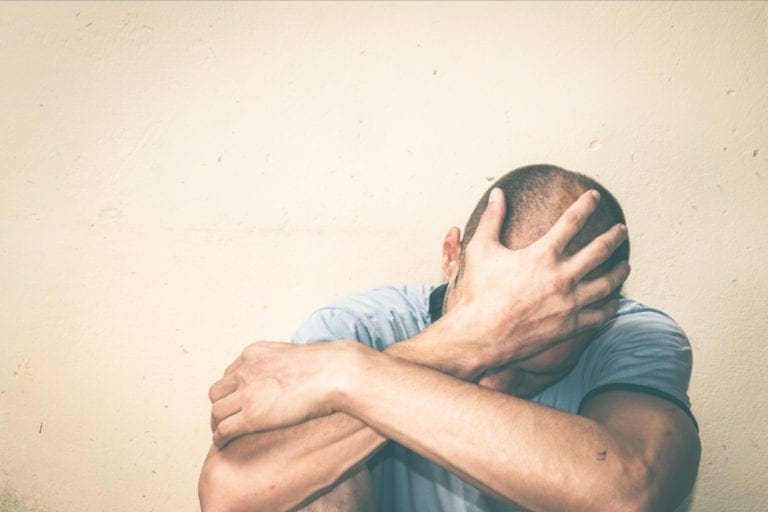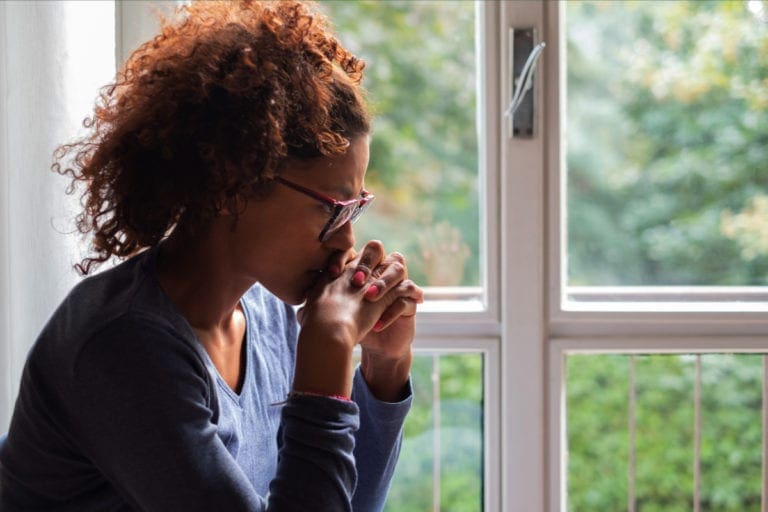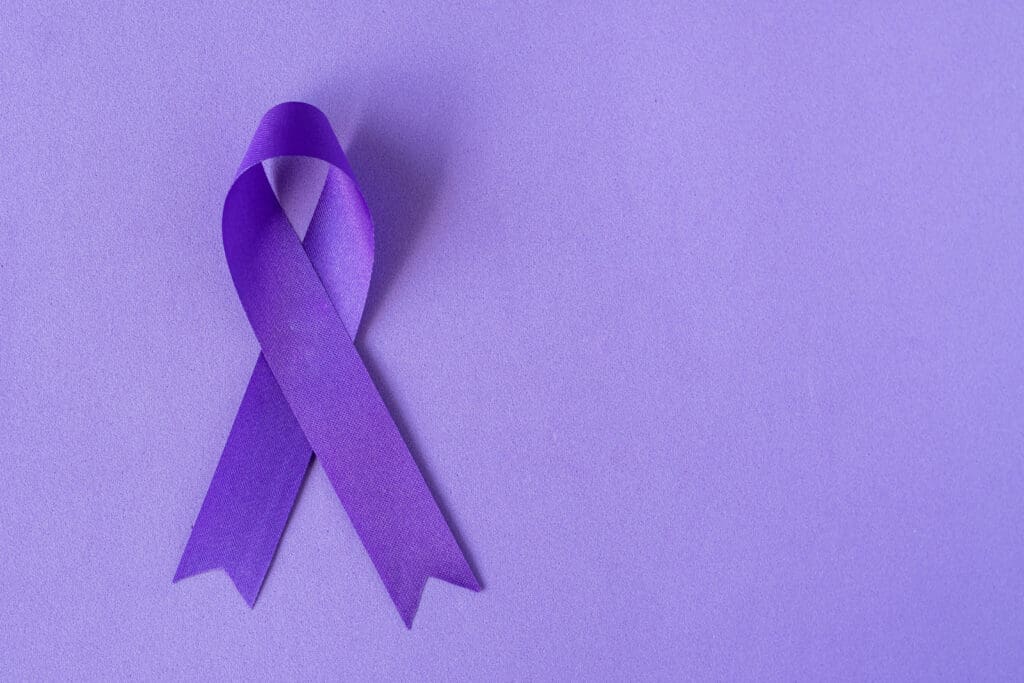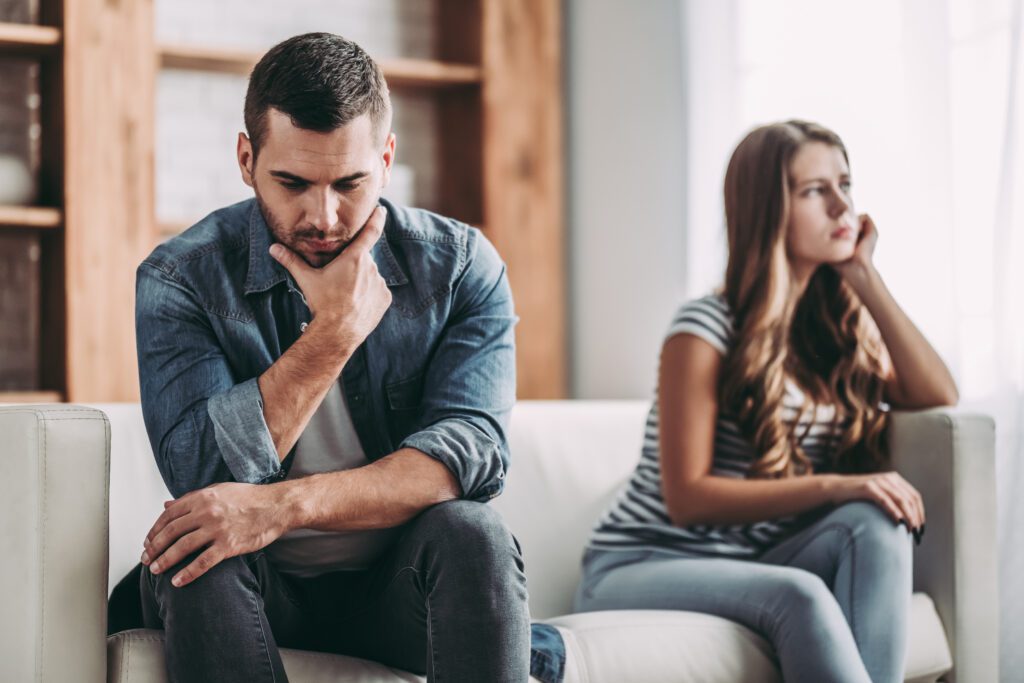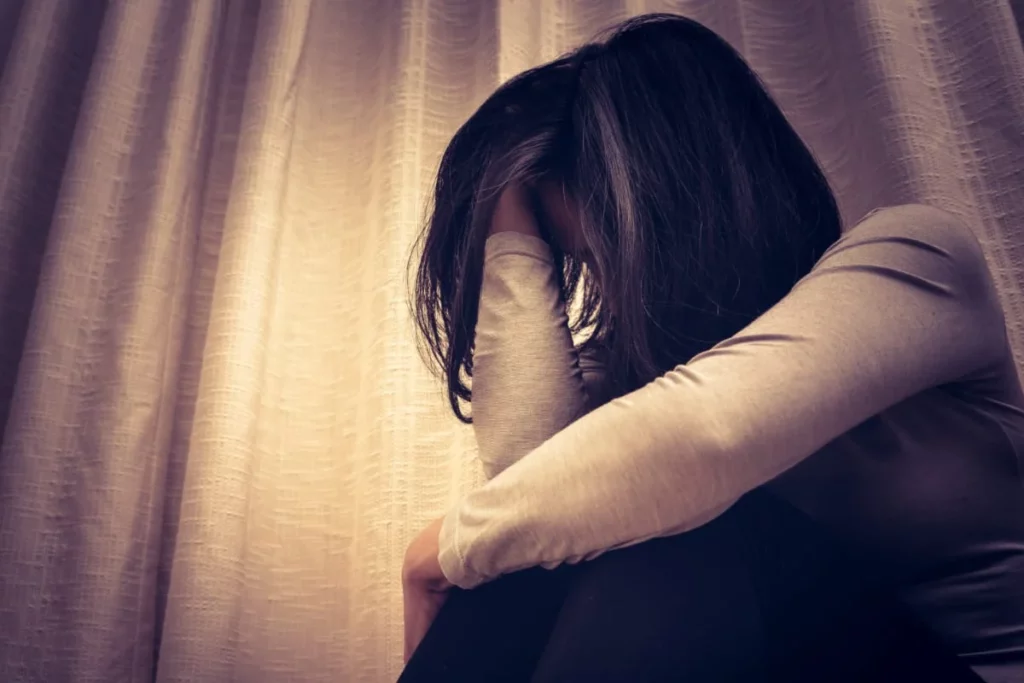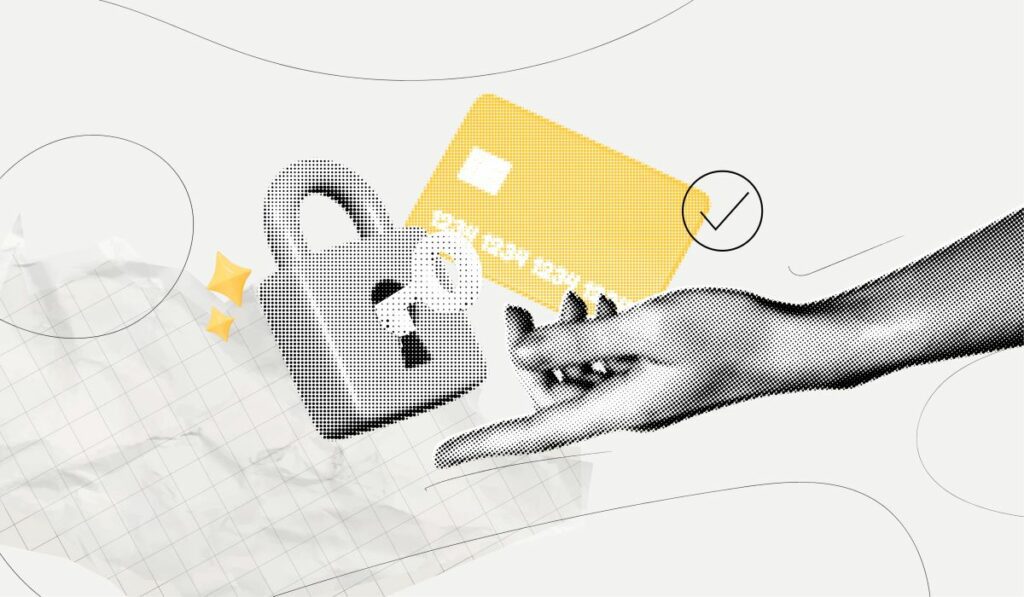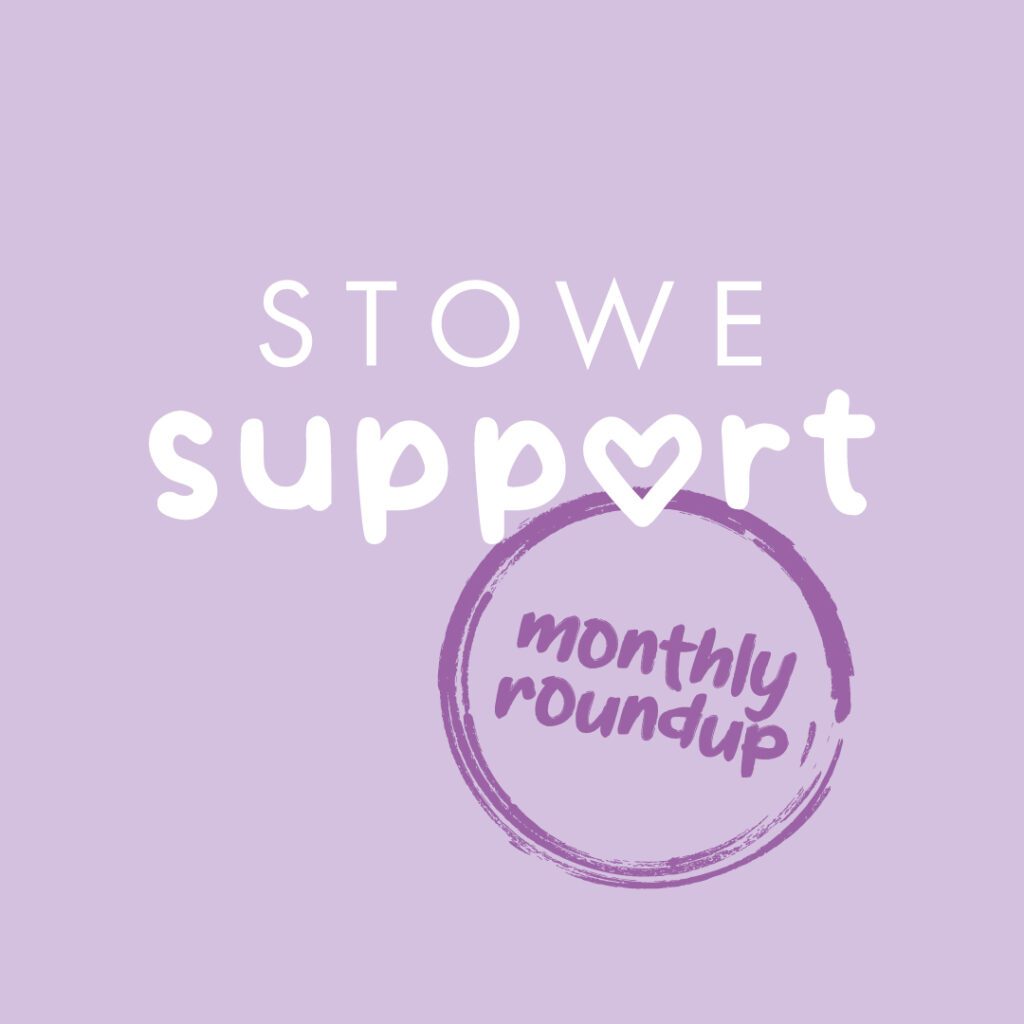If you are at immediate risk of domestic abuse, call the police on 999
You can call the National Domestic Violence Helpline (0808 2000 247) or visit Refuge.
What is domestic abuse?
Domestic abuse takes many forms: physical, emotional, financial, sexual and mental. And it can happen to anyone. But one thing remains the same; it is never the survivor’s fault.
Domestic abuse is a crime and isn’t restricted to physical violence. Coercive and controlling behaviour was criminalised in December 2015, which means the police can take protective action and prosecute abusers.
And there is support out there. You can find a range of charities, organisations and resources below.
Different forms of abuse
Find organisations that can help
- Refuge National Domestic Abuse – Helping women and children experiencing domestic abuse. Call Refuge helpline (0808 2000 247).
- Women’s Aid directory of local support: Domestic abuse support services across the UK.
- NHS support.
Support for the LGBTQIA+ community
- Galop – LGBTQIA+ support. Call Galop helpline (0800 999 5428).
Support for male victims
- Mankind Initiative – Support for male victims. Call Mankind Initiative helpline (01823 334244)
- Respect Men’s Advice Line. Call Respect helpline: 0808 801 0327).
Economic abuse
- Surviving Economic Abuse and The Survivors Forum.
- Money Advice Plus: The Financial Support Line for Victims of Domestic Abuse. Call Money Advice Plus helpline (0808 196 8845).
Tech abuse
Sexual abuse
- The Survivors Trust, access specialist rape and sexual abuse services in the UK. Call The Survivors Trust helpline (0808 801 0818).
Forced marriage and honour abuse
- Forced Marriage Unit: National advice and support for victims and potential victims of forced marriage, and professionals dealing with cases. Call Forced Marriage Unit helpline (020 7008 0151).
- Karma Nirvana: Specifically for victims of Forced Marriage/Honour Based Abuse, especially victims whose first language is not English. Call Karma Nirvana helpline (0800 5999 247).
Support for children
- NSPCC: National Society for the Prevention of Cruelty to Children. Call NSPCC helpline (0808 800 5000).
- Young Minds: support if your child witnessed or experienced domestic abuse.
Support with mental health
- Samaritans: A helpline for those suffering from isolation and even suicide. Call Samaritans (116 123).
- Mind: Mental health charity. Call Mind helpline (0300 123 3393).

Injunctions and protective orders
Working alongside a family lawyer, you can take legal steps to keep your abusive partner away from you in family court. For this, there are two types of injunctions:
Non-molestation order: This prohibits someone from using violence against the other person. This includes threatening, pestering, or molesting them, as well as coming within a specified radius of their home or other specified premises or encouraging another person to do so. Watch a video on non-molestation orders.
Occupation order: This excludes one party from occupying a home or from coming within a stated radius of it.
You can apply for these orders yourself, but it is important that you work with a family lawyer who has experience in domestic abuse cases, as they will have the skills and knowledge to help you.
Legal aid
You may be entitled to legal aid for domestic abuse in some circumstances. This would potentially cover legal advice, family mediation, and representation in court. Find out more in our Guide to Legal Aid, check your eligibility, and search for a Legal Aid lawyer.
Please note Stowe Family Law is unable to offer legal aid, as we do not have a contract with the Legal Aid Agency.
Latest advice
New report calls for fairer outcomes for victims of domestic abuse in financial remedy proceedings
Newsletter Sign Up
Sign up for advice on divorce and relationships from our lawyers, divorce coaches and relationship experts.
Privacy Policy

